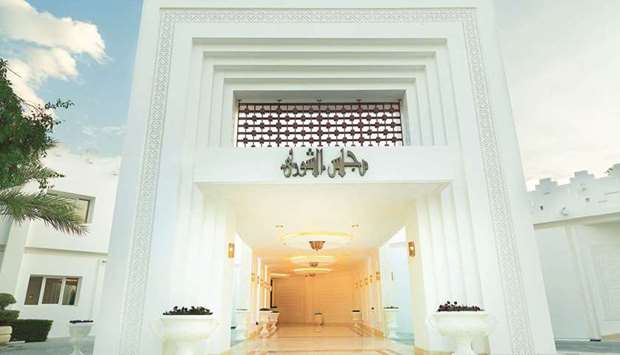As is known, the legislative power is a deliberative assembly where its members are elected and have the exclusive authority to create laws, which is the legislation of a country. Therefore, it is an important part of most governments, in the model of the separation of powers that also includes the Executive Power and the Judicial Power.
As for its name, it is diverse, as it is also known as Congress, Diet, Duma, Parliament, National Assembly, etc.
Likewise, legislators have other denominations, such as congressmen, deputies, parliamentarians, senators, assembly member, etc. They have a representative, legislative, supervisory competence and a supervisory activity, among other functions. Basically there are unicameral and bicameral Congresses. Congresses with two chambers: Lower House or Chamber of Deputies and Upper House or Senate, and others with a single unicameral assembly according to the Constitution of the country.
This Deliberative Assembly – usually – is made up of its members elected according to proportionality to the country’s population.
In Peru, our country, we have a single Chamber of 130 congressmen, who propose the creation of a regulatory system; it also supervises; and, they make up several commissions that are in charge of important sectors of our development, such as health, education, housing, defence, constitutional affairs, energy, mining, agriculture, among others.
The bodies function through an initiative or bill. This project is referred to a Permanent Commission according to the subject of the proposal. This proposal can be returned; and it is approved with more than half of the plenary session of Congress. The bill can also be observed by the president, returning to the congress.
In Qatar, a country that I admire and in which we live, we observe how this process of renewal of its members under popular vote will strengthen the rule of law, understood as a politically organised society and where the law is applied. The Shura Advisory Council, with its 45 members, is a sample of this ideal conception of a good government that complies with the scope of the so-called Law of Laws: the Constitution of a State.
From a historical point of view, the separation of powers dates back to the Hellenic era, especially with Aristotle, who warned the Greek Polis demanded:
1. A General Assembly;
2. A Body of Magistrates; and
3. A Judicial Body.
This Legislative Power clearly appears in the Middle Ages (476 to 1492) as a state Assembly in support of the emperors; and in the 19th century it was strengthened with a popular representation.
The American referent leads us to remember that the division of powers influenced by the political philosophy of English John Locke, at the end of the seventeenth century; and of the Frenchman Charles-Louis de Secondant, Baron de Montesquieu, with his theory of the separation of powers.
We wish to reiterate that legislative work has an important role in the national life of every country, as it directly influences its population. This representative power leads its members to respond to the high responsibility that has been conferred on them for the good of a State, for its proper development through the promotion of good laws, consistent with the principles for a peaceful coexistence.
Citizen participation is another pillar that we must highlight when the members of this Assembly are delegated this transcendent legislative function that reflects the aspirations of citizens, through their direct participation.
Regarding the supervisory function of this power of the State, this function is shown specifically in a public interest.
The population, having the power to choose, we are participating directly to join common efforts for an excellent government, which knows the adequate demands and needs of the citizens.
In the permanent challenges that governments face, this change that we will witness will improve the well-being of all, at times propitious for the realisation of certain changes for a common good, objectives that every good ruler wishes for his people.
I wish to emphasise that the Shura Consultative Council, established in 1972, has promoted the establishment of a modern state.
The State of Qatar is an example in the Arab world, being one of the pioneers based on a legislative power in Islamic Shura, that is, a system that includes the principles of “Shari’ah”. The code of conduct and Islamic law.
We are fully confident that this new composition of the Shura Council will consolidate Qatar as a very well-managed country, with fixed and fair objectives for the good of the national population, marking a policy of internationally recognised prestige.
In conclusion, we appreciate that the electorate will be broadly participatory before the call of the authorities who will be in charge of these elections soon, and in which full legitimacy will lay.

Shura Council, Qatar


